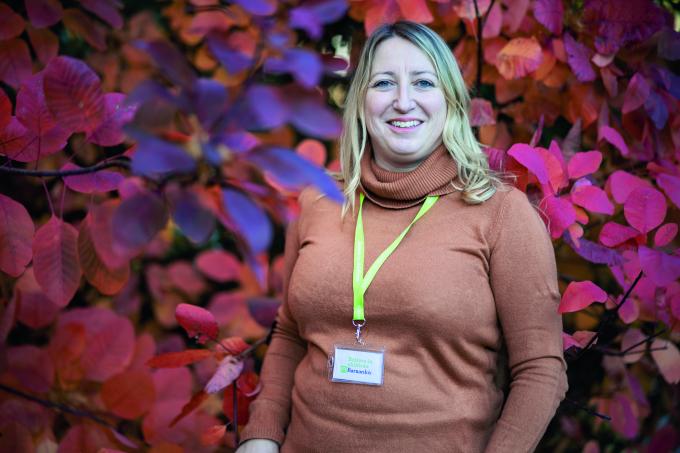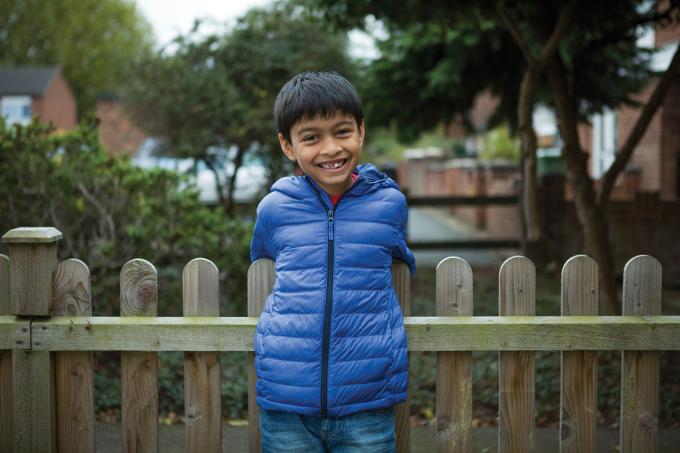We know that some children, families and communities face challenges because of structural inequalities and discrimination in society. We simply don’t think that’s fair and are committed to driving positive change and giving them a place where they feel like they belong.
Equality, Diversity and Inclusion at Barnardo’s
We want to make sure Barnardo’s is a place where everyone can belong, grow and thrive.
We are committed to:
-
Running excellent and inclusive services which are inclusive and accessible to the children, young people, parents and carers who need our support.
-
Working closely with partners to make sure children from all communities get the support they need.
-
Delivering on our anti-racism commitments and tackling discrimination of all kinds.
-
Delivering on our work on disability inclusion, including through our Disability Equality Commitments Plan and maintaining our status as a Disability Confident Leader.
-
Continuing to attract a diverse group of people from all communities of the UK who share our excitement, energy and passion for achieving change for children.
-
Providing a safe space for colleagues with lived experience through our four colleague networks for:
- Black and Minoritised Ethnic colleagues.
- Disabled colleagues.
- LGBT+ colleagues.
- Women.
Alongside our commitments, we will also continue to amplify the voices of the children we support, and to draw on their experiences to help drive positive change.

Our commitment to tackling racism
We have a set of anti-racist commitments which guide our work, help us measure progress, and hold us accountable.

Disability inclusion
We are striving for all our services to be inclusive and accessible for children and young people who are disabled and for Barnardo’s to be a place where all our colleagues and volunteers can belong, grow and thrive.

Who we are
We make sure children and young people feel safer, happier, healthier and more hopeful, by running over 800 specialist services across the UK, and campaigning to change the way the system works for the better.

